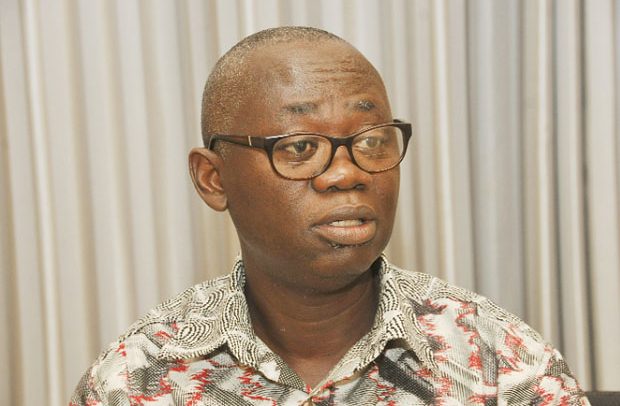
GES must screen caregivers
The Head of Operations and Case Management of the Department of Social Welfare, Mr Felix Logah, has appealed to the Ghana Education Service (GES) to make it mandatory for caregivers and teachers to go through some level of assessment before given the opportunity to teach and care for children.
He pointed out that it was not all adults who had been put in charge of a class who were capable of managing children effectively, adding that some caregivers ended up abusing children put in their care.
Advertisement
Mr Logah, who was contributing to a panel discussion on the topic: “Support Systems Available to Special Educational Needs (SEN) Institutions and Advocacy Groups” at the Inclusive Education Ghana Forum held at the British Council in Accra, explained that as much as those children needed care, they need to be catered for professionally.
According to him, because there was no proper screening of such professionals, sometimes teachers with psychological problems were found in the classrooms.
Explaining how Inclusive Education had evolved over the years, the Deputy Director-General of the GES, Mr Anthony Boateng, said since the inception of the policy, his outfit had been able to provide some facilities to enable children with special needs to have access to quality education.
He pointed out that the aim of Inclusive Education was to respond to the needs of the children rather than making children with special needs try to respond to the system.
‘‘So it is important for us to increase the intake of specialists to handle children with special needs for them to stay in school,’’ he added.
Speaking on the possible challenges envisaged in the implementation of Inclusive Education, the Director of the Special Education Division (SpED) of the GES, Madam Amina Achiaa, said although SpED had made some strides by providing quality education to students with special education needs, there were a lot more which needed to be done to improve on the system.
She said her outfit was doing all it could to provide resources for all schools to be able to cater for more children with special needs.
Madam Achiaa said despite the collective efforts by UNICEF and SpED to equip some assessment centres with assistive devices, SpED needed adequate age-appropriate assistive devices to support children with Intellectual and Developmental Disabilities (ID).
She mentioned children with cerebral palsy, down syndrome among others as those who needed assistance to enable them to study in a conducive environment.



